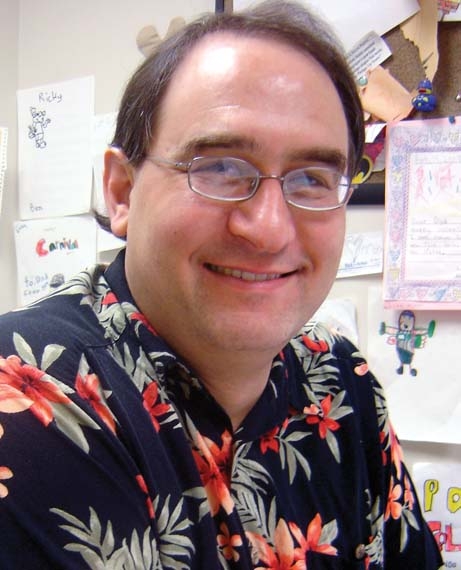User login
In the old days, doctors (allegedly) never charged each other. This was labeled "professional courtesy." It’s a nice idea, but really only works when everyone is in a small practice and paying cash.
Today, everyone has insurance, with copays and deductibles. With that comes contracts specifically stating how much money we’re required to collect at the time of service. If one were to bypass them by writing "no copay" on a bill, an insurance company likely would either bill the patient for the uncollected amount or send the doctor a letter saying he or she is in violation of a contract.
I don’t ask for the courtesy myself. My kids have run up a small fortune over time in emergency department bills, radiology charges, and visits to their pediatrician. I fully expect to pay them all, and I do.
On paper, professional courtesy sounds good. But you can also argue it discriminates against nondoctors. Besides, even if you did it, how far should it extend? Immediate family members only? Cousins? Uncles? Aunts? Realistically, a pretty good chunk of the population is distantly related to a doctor. The money adds up over time. To continue being a doctor, I also have to stay in business. And the same goes for the ones my family sees.
Older physicians may be horrified at this approach, but I don’t have an issue with it. I see it as the fairest option: I pay for my family and expect others to do the same. In a perfect world, perhaps medical care would be free for all. But ours is far from it.
Dr. Block has a solo neurology practice in Scottsdale, Ariz. E-mail him at [email protected].
In the old days, doctors (allegedly) never charged each other. This was labeled "professional courtesy." It’s a nice idea, but really only works when everyone is in a small practice and paying cash.
Today, everyone has insurance, with copays and deductibles. With that comes contracts specifically stating how much money we’re required to collect at the time of service. If one were to bypass them by writing "no copay" on a bill, an insurance company likely would either bill the patient for the uncollected amount or send the doctor a letter saying he or she is in violation of a contract.
I don’t ask for the courtesy myself. My kids have run up a small fortune over time in emergency department bills, radiology charges, and visits to their pediatrician. I fully expect to pay them all, and I do.
On paper, professional courtesy sounds good. But you can also argue it discriminates against nondoctors. Besides, even if you did it, how far should it extend? Immediate family members only? Cousins? Uncles? Aunts? Realistically, a pretty good chunk of the population is distantly related to a doctor. The money adds up over time. To continue being a doctor, I also have to stay in business. And the same goes for the ones my family sees.
Older physicians may be horrified at this approach, but I don’t have an issue with it. I see it as the fairest option: I pay for my family and expect others to do the same. In a perfect world, perhaps medical care would be free for all. But ours is far from it.
Dr. Block has a solo neurology practice in Scottsdale, Ariz. E-mail him at [email protected].
In the old days, doctors (allegedly) never charged each other. This was labeled "professional courtesy." It’s a nice idea, but really only works when everyone is in a small practice and paying cash.
Today, everyone has insurance, with copays and deductibles. With that comes contracts specifically stating how much money we’re required to collect at the time of service. If one were to bypass them by writing "no copay" on a bill, an insurance company likely would either bill the patient for the uncollected amount or send the doctor a letter saying he or she is in violation of a contract.
I don’t ask for the courtesy myself. My kids have run up a small fortune over time in emergency department bills, radiology charges, and visits to their pediatrician. I fully expect to pay them all, and I do.
On paper, professional courtesy sounds good. But you can also argue it discriminates against nondoctors. Besides, even if you did it, how far should it extend? Immediate family members only? Cousins? Uncles? Aunts? Realistically, a pretty good chunk of the population is distantly related to a doctor. The money adds up over time. To continue being a doctor, I also have to stay in business. And the same goes for the ones my family sees.
Older physicians may be horrified at this approach, but I don’t have an issue with it. I see it as the fairest option: I pay for my family and expect others to do the same. In a perfect world, perhaps medical care would be free for all. But ours is far from it.
Dr. Block has a solo neurology practice in Scottsdale, Ariz. E-mail him at [email protected].
